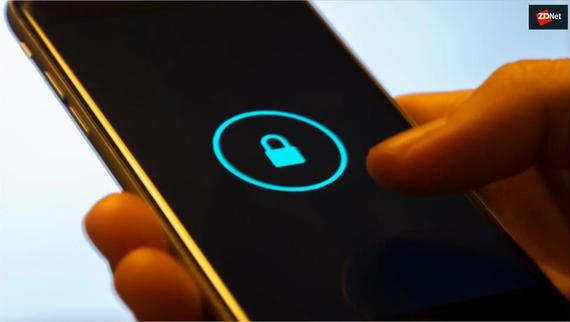Using a Virtual Private Network (VPN) is essential for protecting online privacy and security. However, merely having a VPN up and running does not guarantee protection. It is crucial to regularly test your VPN to ensure it is functioning correctly and safeguarding your data effectively.
Checking your IP address
One of the fundamental purposes of a VPN is to mask your original IP address, preventing websites and services from tracking your real location. To verify if your VPN is effectively hiding your IP address, start by disconnecting from your VPN service and visiting a website like What Is My IP to note your real IP address. After reconnecting to your VPN, revisit the IP-checking site. If the IP address shown is different from your real one, your VPN is working as it should. If not, there may be an issue with your VPN.
Testing for DNS leaks
The Domain Name System (DNS) translates website names into IP addresses. A DNS leak occurs when DNS requests bypass the VPN tunnel, revealing your true IP address and browsing activity. To check for DNS leaks, connect to your VPN and visit a reputable DNS leak testing tool like DNSLeakTest.com. Initiate an extended test; the results should show the location and IP address provided by the VPN. If your ISP’s details are displayed, your VPN has a DNS leak.
Checking for WebRTC leaks
WebRTC (Web Real-Time Communication) allows for real-time communication within browsers but can expose your real IP address even when using a VPN. To check for WebRTC leaks, turn off your VPN and visit BrowserLeaks.com to note your real IP address. After reconnecting to your VPN, refresh the page. If the IP address shown is that of the VPN server, there is no WebRTC leak. If your real IP address is displayed, your VPN has a WebRTC leak.
Running a speed test
VPN encryption and routing can affect your internet speed. To ensure optimal performance, connect to a VPN server and use a speed testing tool like Speedtest.net. Note the download speed, upload speed, and ping. Then disconnect the VPN and run the test again. Compare the results to check for significant speed differences. If the VPN causes considerable slowdowns, try different servers or contact your VPN provider.
Checking for malware
Ensuring your VPN application is free from malware is crucial as it can compromise your security and privacy. Research your VPN provider’s reputation for security and use reputable antivirus software to scan the VPN software before installation. Monitoring network traffic for unusual activity that may indicate malware is also advisable.
Checking VPN status
Ensuring your VPN is actively protecting your connection is straightforward. Open your VPN application and look for the status indicator. Verify the VPN is connected and securing your data.
Addressing VPN Connection Issues
VPNs may occasionally face connection issues that need troubleshooting. Ensure your Wi-Fi or Ethernet connection is stable and check if the VPN server is online. Verify you have entered the correct login credentials and disable any conflicting firewall or antivirus software. If issues persist, contact your VPN provider’s support team.
Using Tuxler VPN
Tuxler VPN is an excellent option for those seeking robust security and privacy. Tuxler VPN provides high-level encryption and user-friendly features, making it easy to protect your online activities. By using Tuxler VPN, you can ensure your data is encrypted, and your online identity is masked, providing peace of mind whenever you use the internet.
Regularly testing your VPN is crucial for ensuring your online privacy and security. By checking for IP address leaks, DNS leaks, WebRTC leaks, and potential malware, you can ensure your VPN is functioning correctly. Using tools like Tuxler VPN can further enhance your online security, ensuring a safer browsing experience. Regular testing and vigilance are key to maintaining the highest level of online protection
